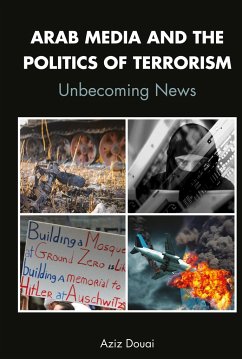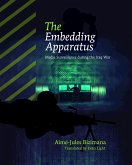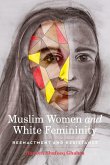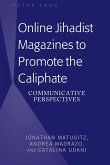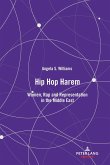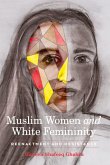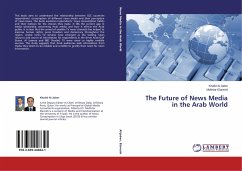Terrorism inspires intense emotions of fear, vulnerability, victimization, and helplessness that breed humiliation and shame and demands for redress by the victims-restoring the wounded honor through revenge and military action. The post-9/11 environment of the "global war on terrorism" has exacerbated these vicious cycles of conflict. It also created a media battleground in which conflating Islam with terrorism and deploying a religious lexicon of jihad, martyrdom, and sacrifice have become routine.
Yet, scholarship on the relationship between Arab media and terrorism is sparse-despite the salience of terrorism and other forms of politically motivated violence in the greater Middle East and North Africa region. How does Arab news cover "home-grown" or domestic terrorism in comparison to terrorist incidents that might be geographically distant? How does globalization influence the mediation of terrorism in Arab news?
This book addresses these lacunae and features a wide range of studies examining coverage of terrorism in Arab media. The case studies investigate technological, political, sociological, and legal infrastructures influencing the ways Arab media make sense of terrorism and international conflict events. The research contributes to the understanding of news frames as central to how terrorism news operates, constructs and thereby explains the social world through familiar master narratives drawn from the region's culture and history.
Yet, scholarship on the relationship between Arab media and terrorism is sparse-despite the salience of terrorism and other forms of politically motivated violence in the greater Middle East and North Africa region. How does Arab news cover "home-grown" or domestic terrorism in comparison to terrorist incidents that might be geographically distant? How does globalization influence the mediation of terrorism in Arab news?
This book addresses these lacunae and features a wide range of studies examining coverage of terrorism in Arab media. The case studies investigate technological, political, sociological, and legal infrastructures influencing the ways Arab media make sense of terrorism and international conflict events. The research contributes to the understanding of news frames as central to how terrorism news operates, constructs and thereby explains the social world through familiar master narratives drawn from the region's culture and history.

